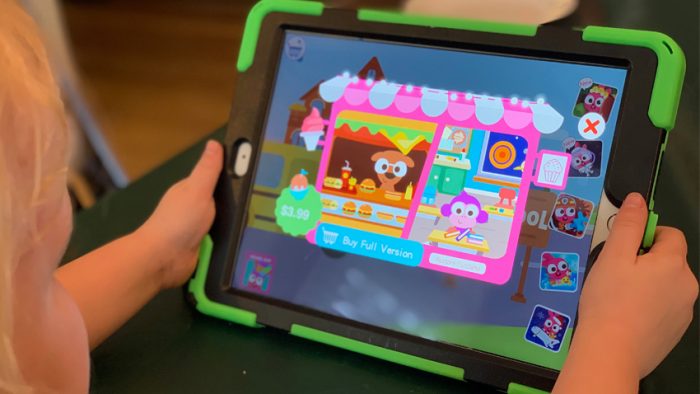
Although federal privacy laws prohibit digital platforms from storing and sharing children’s personal information without verifiable parental consent, a study led by U-M researchers finds that those rules aren’t always enforced, and privacy violations are most likely to affect children from lower-education households.
Children raised by parents without college degrees showed two to three times higher rates of digital information being transferred to third parties, according to the study that appears in JAMA Pediatrics.
Potential factors that may explain this disparity include the degree of digital savviness or privacy awareness that parents have, authors say, which tends to correlate with level of education. Parents with advanced degrees also may research kids’ apps before installing them, thereby avoiding the glut of lower-quality kids’ apps in the app stores that could harbor more data trackers, Radesky says.
